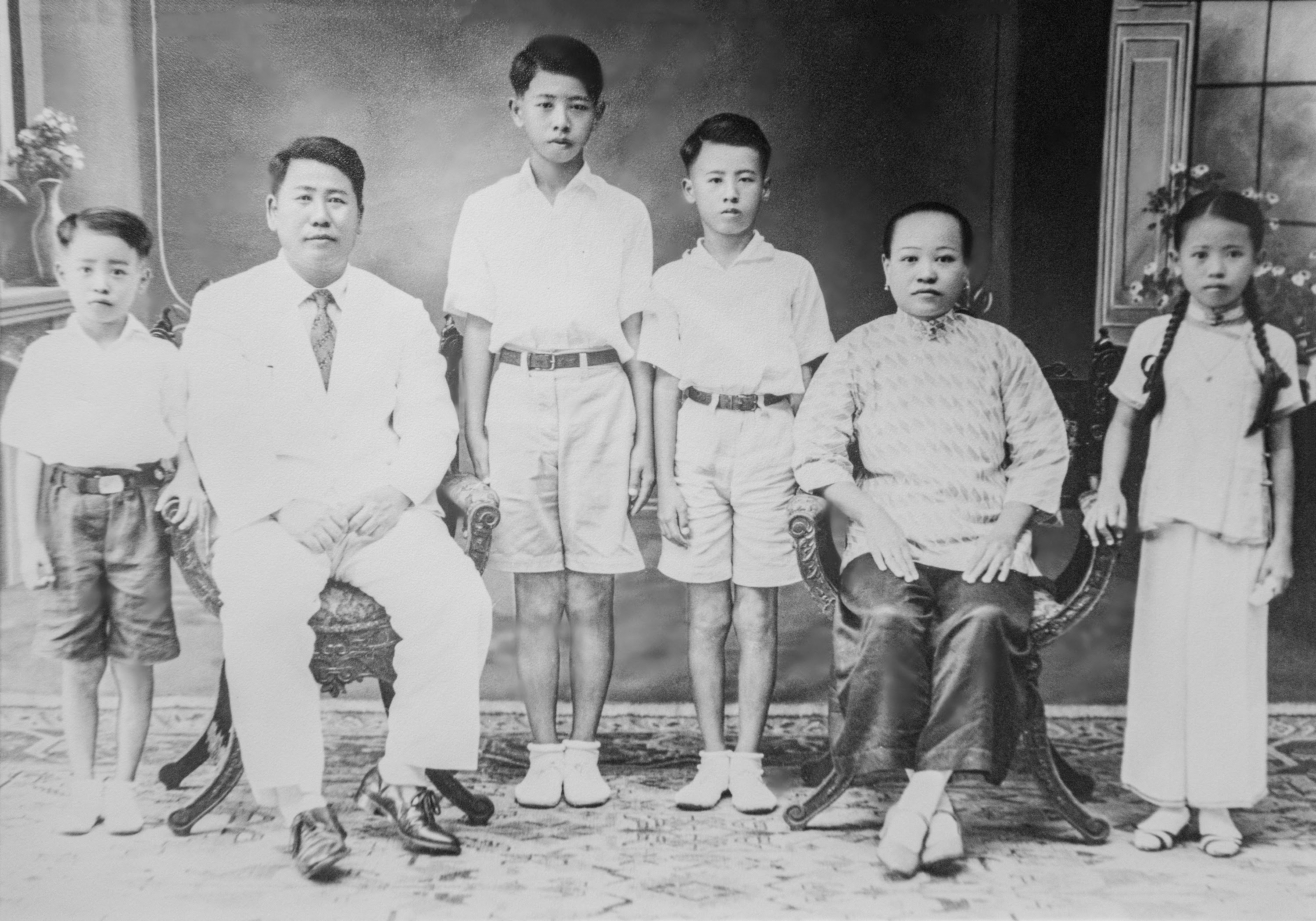
The legacy of World War II is incalculable. The war preserved freedom, ignited a Cold War, and changed the trajectories of many lives—like that of Sophia Su-Hwei Yen.
In 1941, Sophia was a bright and ambitious teenager attending an English-speaking school in Singapore. The only daughter in a family with three brothers, she wanted to follow in her father’s footsteps and become a physician.
But she would never fulfill that ambition. The day after the attack on Pearl Harbor, the Japanese bombed British-ruled Singapore. Because he had been born in Taiwan, which was occupied by Japan, Sophia’s father was considered an enemy. The British sent him to India to serve as a doctor for fellow prisoners of war. Sophia and her two older siblings had to find jobs to support the family.
A PASSION FOR EDUCATION
At the close of the war, Sophia, her mother, and her brothers were sent to Taiwan in a prisoners’ boat. It was about a year before Sophia’s father rejoined the family. Although she never stopped working, her passion for education endured. When she emigrated to the United States in 1966 and joined her younger brother I-Kuen “Ike” Yen and his wife, Chen-wan Yen, in Pasadena, she sought a job at Caltech. She soon found one at the Institute’s library.
With no other relatives nearby, Sophia, Ike, and Chen-wan stayed close. Chen-wan, an orbital dynamics expert who recently retired after a 45-year career at JPL, was pleased to see Sophia strike out on her own and eventually thrive in her new country. Sophia took night classes at Pasadena City College and earned an associate’s degree. She also was committed to her work at Caltech, Chen-wan says.
“She got a lot of compliments from faculty about her work, and she really loved her job,” Chen-wan says. “Almost every morning, she would bring flowers into the office to brighten everyone’s day. She was really that happy.”
A DESIRE TO HELP STUDENTS
Sophia also grew fond of the students who browsed the bookshelves and asked her questions.
“She would befriend students, talk to them all the time, and even look after them,” Chen-wan says. “In retrospect, I think she saw some of herself in them and admired what they were trying to achieve.”
Sophia eventually embarked on a new career in Caltech’s development office, helping fundraisers identify potential donors. She worked there for several years before retiring in 2002. But she never forgot about the students. The same year Sophia left Caltech, she established a $300,000 endowed undergraduate scholarship through a bequest. Her generosity enables learners just like her, smart and hardworking but lacking financial resources, to achieve their dreams. To celebrate her family history, Sophia’s gift also states a preference for gifted undergraduates of Chinese American, Singaporean, or Taiwanese heritage.
Currently, more than half of Caltech undergraduates receive financial assistance, and increasing scholarship support is a top fundraising priority.
“Sophia had a desire to help students,” Chen-wan says. “She would be happy to see her gift making a difference in their lives.”


